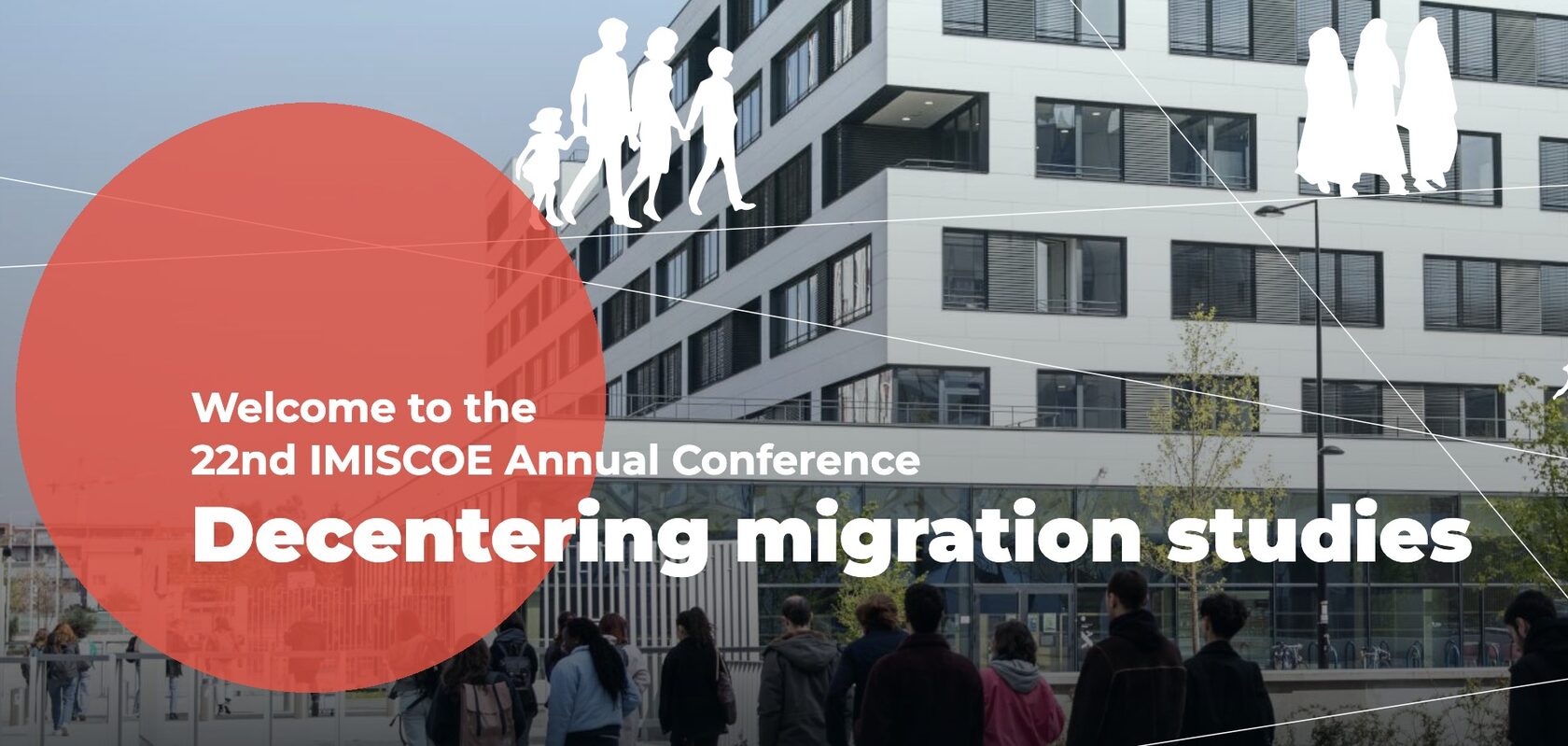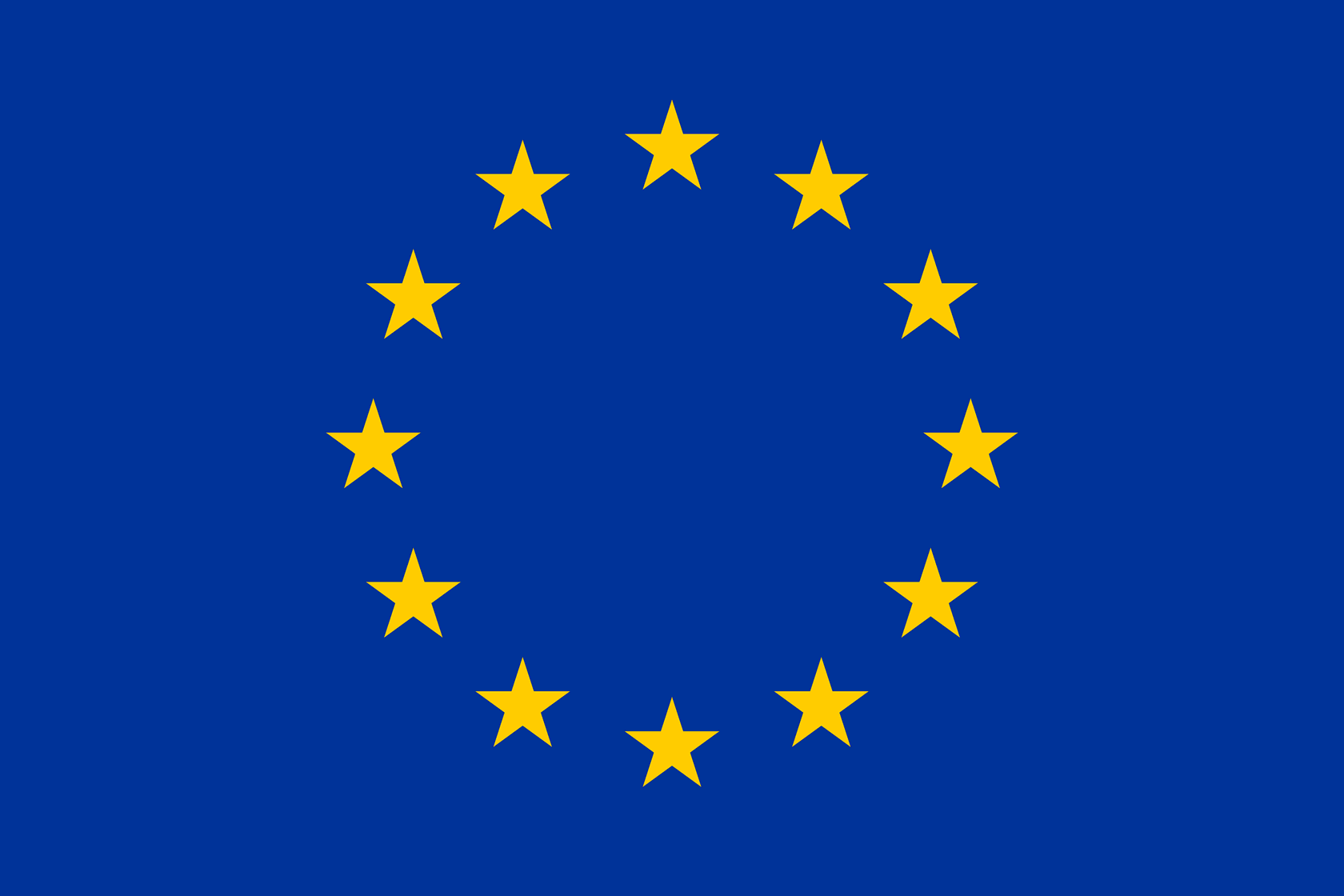The Integration Kit book presentation at the Civil Society Forum
From the outset of the ReROOT project more than four years ago, IMISCOE conferences have been the venue for sharing its work-in-progress and provisional insights. In the aftermath of its policy-oriented final conference in Brussels (20/6/2025), in Paris ReROOT seeks to present its major insights and outputs to colleagues attending the IMISCOE conference.
Answering the project’s central question of how arrival infrastructure can be seen, understood and reinforced as sites of integration for recent newcomers, resulted in two major end products: the Integration otherwise inspiration kit: A guide for practitioners, policymakers, and community builders, as well as an academic reference handbook Infrastructuring arrival: envisioning the migration-integration nexus beyond crisis. During this IMISCOE special event, both publications will be presented and discussed by ReROOT researchers, invited commentators and the audience at large. Because the Integration otherwise inspiration kit will be published by then, it will be the main focus of attention.
Catch one of the presentations:
email: info@rerootproject.eu with questions.
Workshop
Friday, July 4th
‘Decentring’ grounded and unbound: frames, methods and practices from the field
4, 09:00–10:30, Session #268 workshop
Conveners:
Mieke Groeninck
Karel Arnaut
Abstract
This workshop directly engages with the conference theme, by sharing the grand dream of Anand Pandian (2019, 3) that decentring our gaze, our methods of inquiry and of writing, may lead us to explore unseen faces of the world at hand, and to “take these openings as seeds of a humanity to come”.
In order to bring this lofty ideal closer to the everyday labour of collaborative research in the domain of migration, this workshop invites researchers to share their struggles in decentring migration research: theoretically, methodologically and/or in concrete interactions and collaborations.
The conference appropriately situates the overdue decentring of Eurocentric frames and assumptions in three layers of migration research production: geographical, historical and epistemological. This workshop invites participants to delve deeper into each of these possible domains of decentring or indeed to add others.
The geographical decentring could profit from a topological decentring, looking beyond the standard sites of migration (‘immigrant nations’, ‘arrival cities’, or ‘migrant neighbourhoods’) and conceptualise/identify alternative polycentric loci of (im)mobility (sites of stasis, ‘mobile commons’, or ‘arrival infrastructures').
Likewise, the historical decentring could envisage a temporal decentring that reframes arrival as departure thereby opening up multidirectional pathways during which everyday practices of socialisation and integrations give way to a continuous reinvention of life-worlds.
Moreover, a methodological decentring could supplement the proposed epistemological one. In view of ‘theorising from the South’, this workshop seeks to mine the field of co-creation, and the concrete set-ups in which participants engage with different knowledges, affects and practices. We equally reflect on these engagements in terms of their emerging subjectivities. Such could coincide with analytical decentrings that challenge binary tropes of practice/theory, researcher/researched, but also mobility/control, state/non-state, citizen/non-citizen, or power/contestation.
Contributions
This workshop envisages contributions from ‘nearby’ projects such as ReROOT, AIMEC and ATLAS but opens up to other projects and individual migration researchers. If you are interested in participating in the workshop, send us your name, project/affiliation as well as a two-sentence explanation of what aspect of decentring you wish to address. We expect this to be an on-site workshop.
Guiding questions:
-How have you attempted to decentre your migration research (geographically, historically, methodologically and/or epistemologically) and what frictions or openings did this produce?
-Which dominant binaries (e.g. researcher/researched, mobility/control, state/non-state) have you found most limiting in your work (or have you encountered most), and how have you tried to move beyond them?
-Can you describe a specific aspect from your project (e.g. a collaborative setup or co-creative method) that challenged Eurocentric or hegemonic modes of knowledge production?
Reference:
Pandian, Anand. 2019. A possible anthropology: methods for uneasy times. Durham: Duke University Press.
Participants
1.Shila Anaraki (ATLAS)
2.Luce Beeckmans, Mary Hogan (ReROOT )
3.Elisabeth Mareels & Bruno Meeus (AIMEC)
4.Pascal Debruyne, Center for Family Studies, Odisee University of Applied Sciences,
5.Mieke Schrooten (ATLAS / TraFaDy)
6.Youri Vertongen, postdoc & visiting professor UCLouvain (Saint-Louis Brussels), co-director Centre de Recherches et Interventions Sociologiques (CESIR)
7.Floris Liekens, VUB, Crime & Society Research Group – Project IRP: Cities and Newcomers.
8.Thomas Swerts, Carola Vasileiadi (URBIMM); Hannah Kay (URBIMM);
From the outset of the ReROOT project more than four years ago, IMISCOE conferences have been the venue for sharing its work-in-progress and provisional insights. In the aftermath of its policy-oriented final conference in Brussels (20/6/2025), in Paris ReROOT seeks to present its major insights and outputs to colleagues attending the IMISCOE conference.
Answering the project’s central question of how arrival infrastructure can be seen, understood and reinforced as sites of integration for recent newcomers, resulted in two major end products: the Integration otherwise inspiration kit: A guide for practitioners, policymakers, and community builders, as well as an academic reference handbook Infrastructuring arrival: envisioning the migration-integration nexus beyond crisis. During this IMISCOE special event, both publications will be presented and discussed by ReROOT researchers, invited commentators and the audience at large. Because the Integration otherwise inspiration kit will be published by then, it will be the main focus of attention.
Catch one of the presentations:
- Wednesday, July 2nd, 11h
- Thursday, July 3rd, 15.30h
- Friday, July 4th, 12h
email: info@rerootproject.eu with questions.
Workshop
Friday, July 4th
‘Decentring’ grounded and unbound: frames, methods and practices from the field
4, 09:00–10:30, Session #268 workshop
Conveners:
Mieke Groeninck
Karel Arnaut
Abstract
This workshop directly engages with the conference theme, by sharing the grand dream of Anand Pandian (2019, 3) that decentring our gaze, our methods of inquiry and of writing, may lead us to explore unseen faces of the world at hand, and to “take these openings as seeds of a humanity to come”.
In order to bring this lofty ideal closer to the everyday labour of collaborative research in the domain of migration, this workshop invites researchers to share their struggles in decentring migration research: theoretically, methodologically and/or in concrete interactions and collaborations.
The conference appropriately situates the overdue decentring of Eurocentric frames and assumptions in three layers of migration research production: geographical, historical and epistemological. This workshop invites participants to delve deeper into each of these possible domains of decentring or indeed to add others.
The geographical decentring could profit from a topological decentring, looking beyond the standard sites of migration (‘immigrant nations’, ‘arrival cities’, or ‘migrant neighbourhoods’) and conceptualise/identify alternative polycentric loci of (im)mobility (sites of stasis, ‘mobile commons’, or ‘arrival infrastructures').
Likewise, the historical decentring could envisage a temporal decentring that reframes arrival as departure thereby opening up multidirectional pathways during which everyday practices of socialisation and integrations give way to a continuous reinvention of life-worlds.
Moreover, a methodological decentring could supplement the proposed epistemological one. In view of ‘theorising from the South’, this workshop seeks to mine the field of co-creation, and the concrete set-ups in which participants engage with different knowledges, affects and practices. We equally reflect on these engagements in terms of their emerging subjectivities. Such could coincide with analytical decentrings that challenge binary tropes of practice/theory, researcher/researched, but also mobility/control, state/non-state, citizen/non-citizen, or power/contestation.
Contributions
This workshop envisages contributions from ‘nearby’ projects such as ReROOT, AIMEC and ATLAS but opens up to other projects and individual migration researchers. If you are interested in participating in the workshop, send us your name, project/affiliation as well as a two-sentence explanation of what aspect of decentring you wish to address. We expect this to be an on-site workshop.
Guiding questions:
-How have you attempted to decentre your migration research (geographically, historically, methodologically and/or epistemologically) and what frictions or openings did this produce?
-Which dominant binaries (e.g. researcher/researched, mobility/control, state/non-state) have you found most limiting in your work (or have you encountered most), and how have you tried to move beyond them?
-Can you describe a specific aspect from your project (e.g. a collaborative setup or co-creative method) that challenged Eurocentric or hegemonic modes of knowledge production?
Reference:
Pandian, Anand. 2019. A possible anthropology: methods for uneasy times. Durham: Duke University Press.
Participants
1.Shila Anaraki (ATLAS)
2.Luce Beeckmans, Mary Hogan (ReROOT )
3.Elisabeth Mareels & Bruno Meeus (AIMEC)
4.Pascal Debruyne, Center for Family Studies, Odisee University of Applied Sciences,
5.Mieke Schrooten (ATLAS / TraFaDy)
6.Youri Vertongen, postdoc & visiting professor UCLouvain (Saint-Louis Brussels), co-director Centre de Recherches et Interventions Sociologiques (CESIR)
7.Floris Liekens, VUB, Crime & Society Research Group – Project IRP: Cities and Newcomers.
8.Thomas Swerts, Carola Vasileiadi (URBIMM); Hannah Kay (URBIMM);



